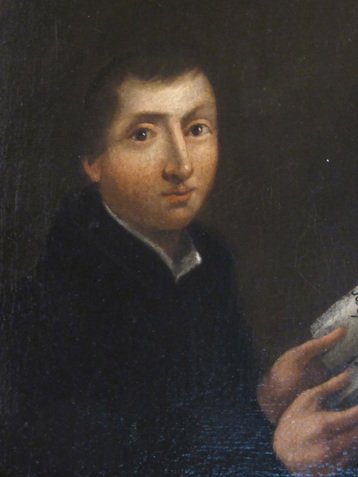Years ago, when I moved and began teaching at a new school with a new staff, I found this poem in my mailbox. It touched me in a positive way; so much so, that I kept it all these years.
“THE INDISPENSABLE MAN
Sometime, when you’re feeling important,
Sometime, when your ego’s in bloom,
Sometime, when you take it for granted,
You’re the best qualified in the room:
Sometime when you feel, that your going,
Would leave an unfillable hole,
Just follow these simple instructions,
And see how it humbles your soul.
Take a bucket and fill it with water,
Put your hand in it up to the wrist,
Pull it out, and the hole that’s remaining,
Is a measure of how you’ll be missed.
You can splash all you please when you enter,
You may stir up the water galore,
But stop, and you’ll find that in no time,
It looks quite the same as before.
The moral in this quaint example,
Is to do just the best that you can,
Be proud of yourself, but remember,
There’s no indispensable man.”
On December 30, we celebrate the anniversary of the death of Father Jean-Pierre Médaille, S.J. who founded our Community of the Sisters of St. Joseph 375 years ago.
When I think of putting my hand into a bucket of water up to my wrist and taking it out without stirring or splashing, I imagine this man travelling from village to village in France, just doing the best that he could for the women of his time trying to do for the suffering people around them the best that they could.
It was my privilege to visit France over twenty years ago. The place where Father Médaille was buried has become a parking lot and I envision not only the humility of this man but also the humility of St. Joseph the patron Saint of our Community. It seems to me that it was not so much their physical presence on earth at the time that was important, but it was the lasting effect of what they allowed God to do with their lives on Earth that was and is still important.
When they lived their lives on Earth and then disappeared, our Earth was not “quite the same as before.”
-Sister Elaine Cole, CSJ




